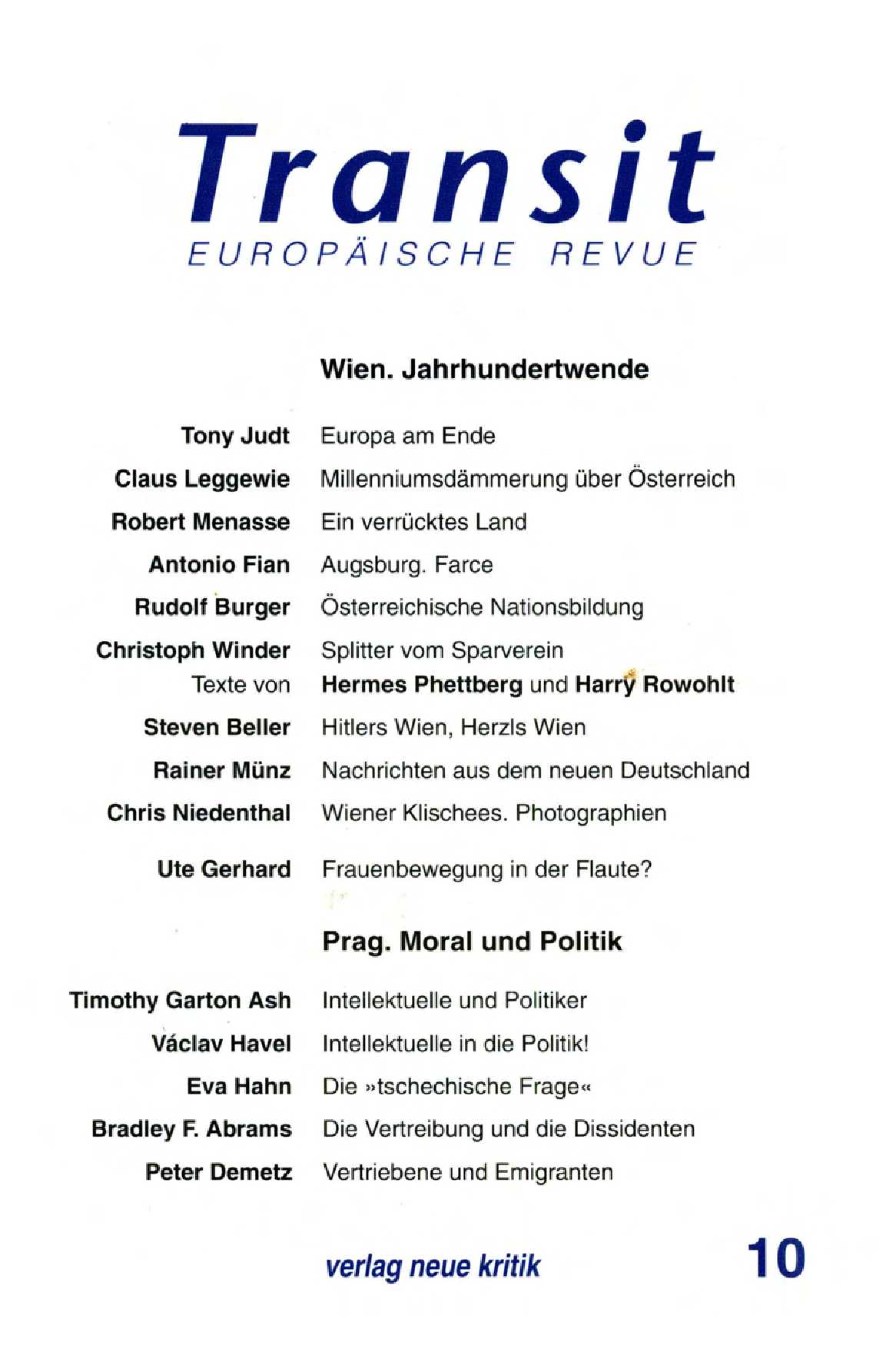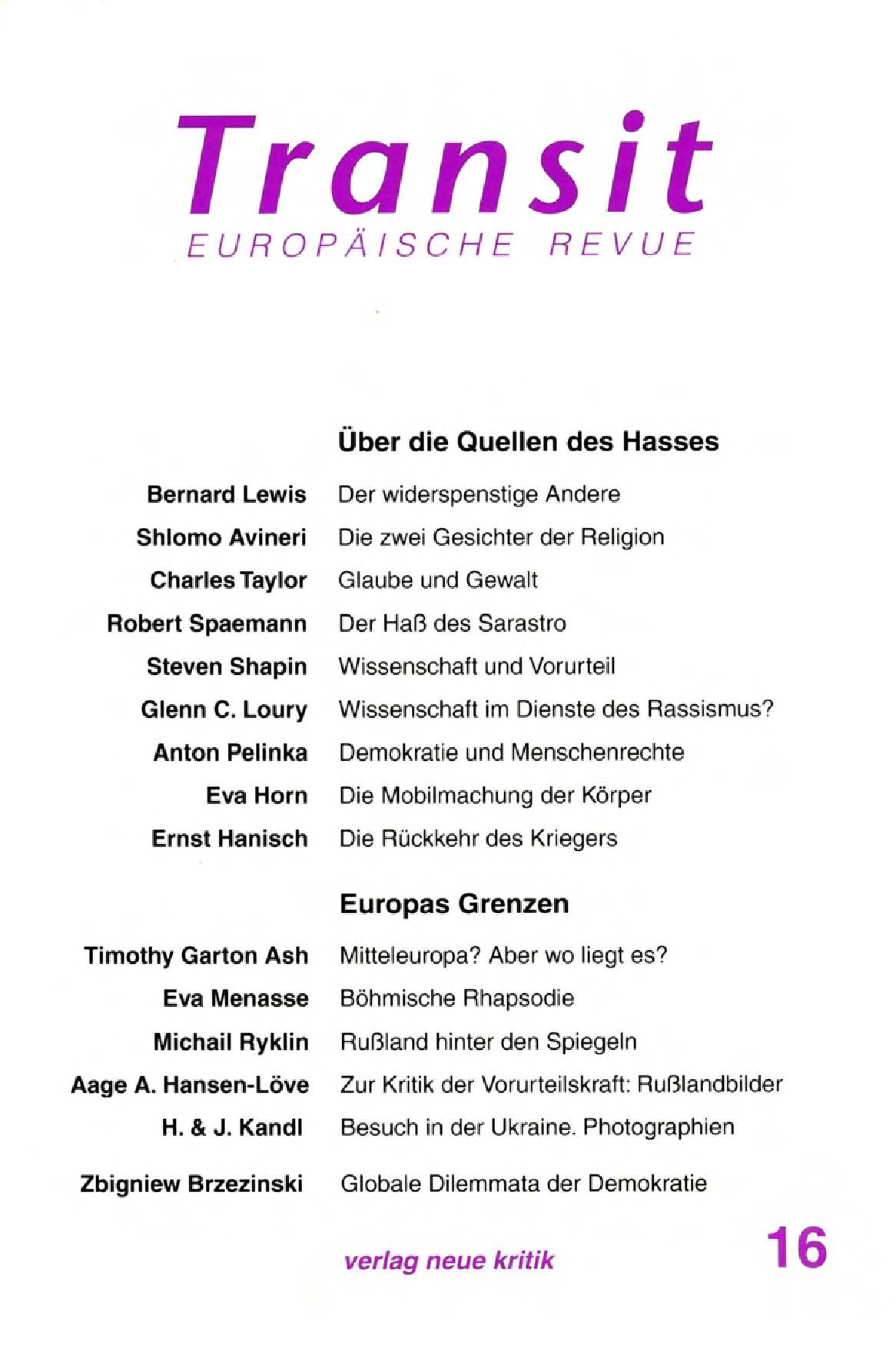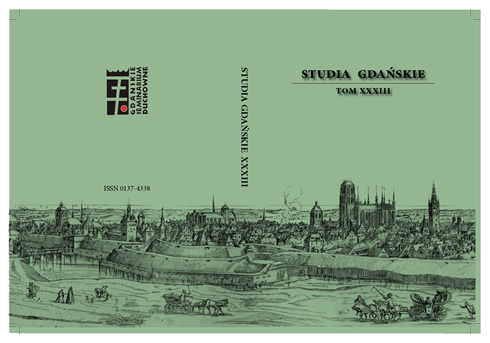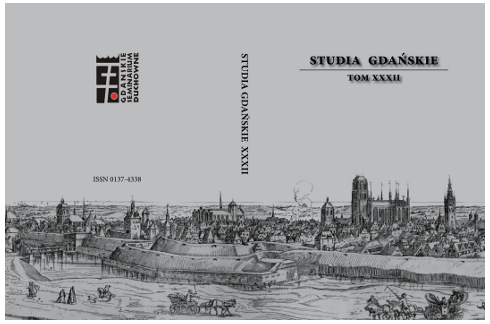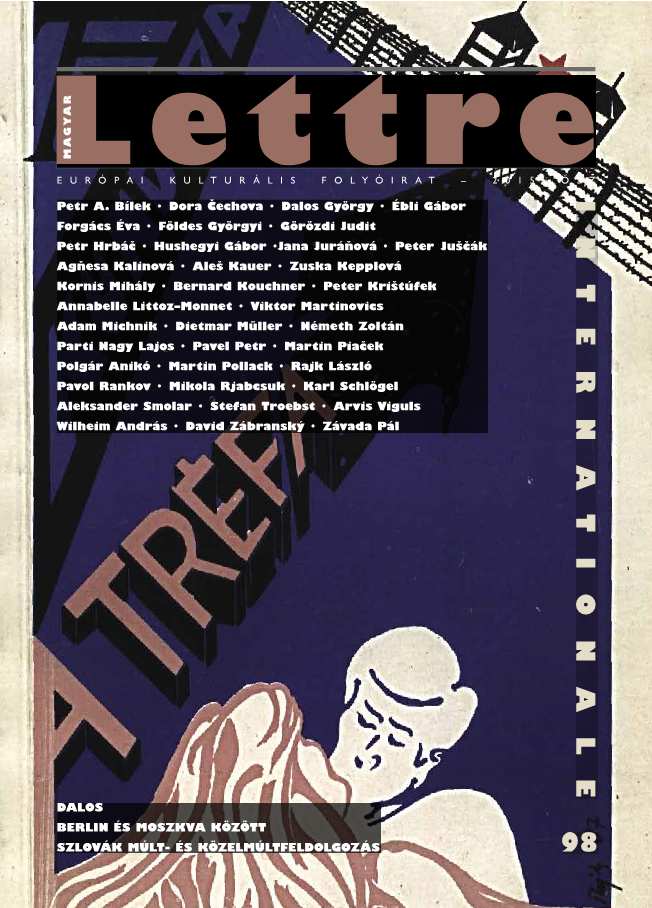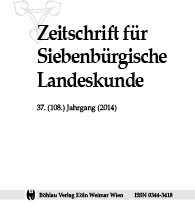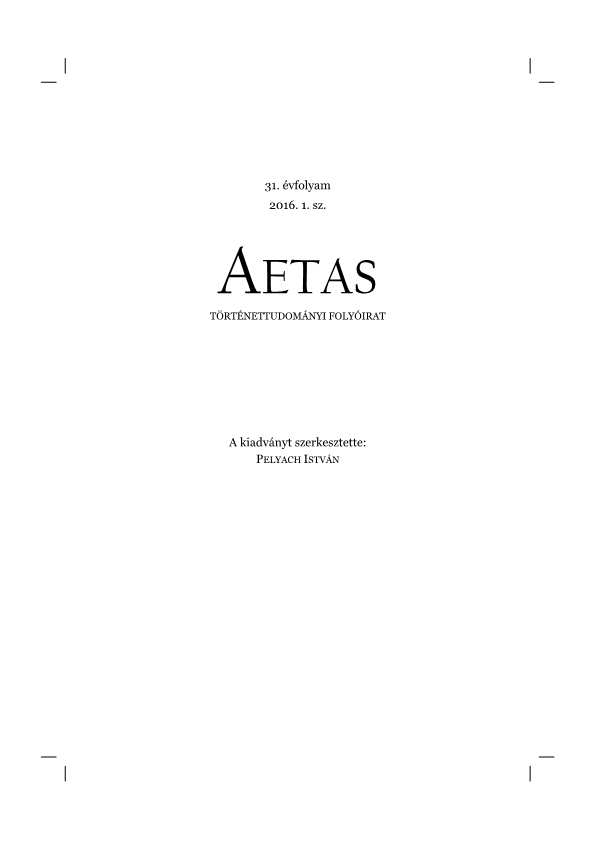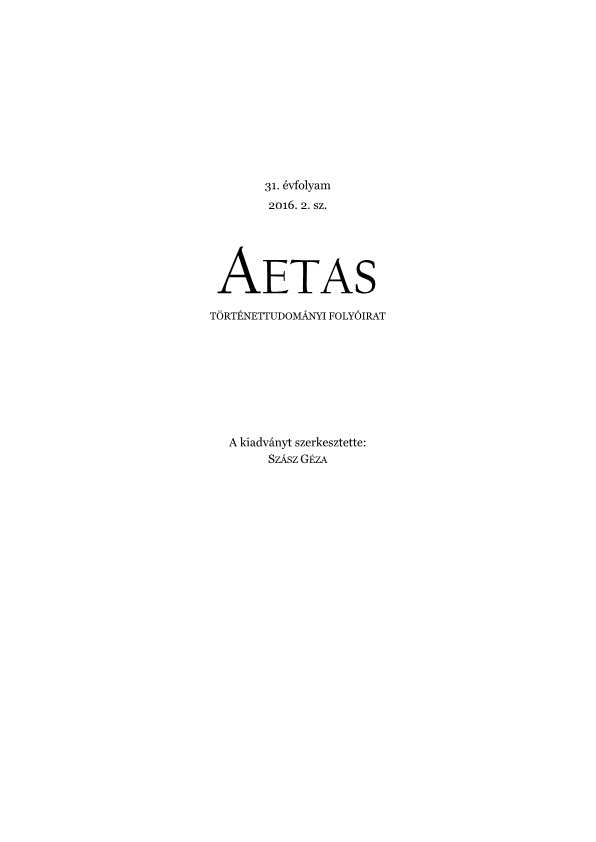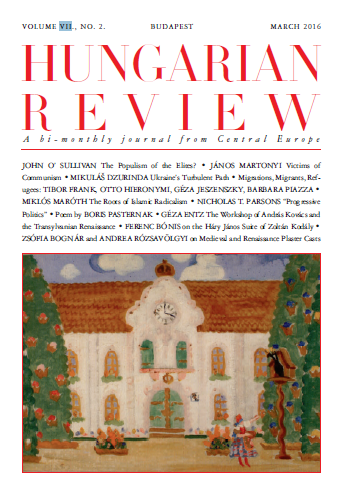
Ödön Pásint: A Prisoner of His Conscience – Part II
[...] Ödön Pásint retired [...] at 48, but possibly not quite on his own initiative. As the “bourgeois” traditions of publishing the personal news of public administration (appointments, promotions, awards, retirements, etc.) in the Official Gazette had been laid aside, such events were no longer announced. However, [his widow] Mária Bartha is probably right in remembering that “[i] n 1948 he requested to be retired on grounds of ill health, and with his request approved by Prime Minister Lajos Dinnyés his retirement took effect at the end of the same year”. This is borne out by Pásint’s trade-union membership card surviving in the family archives (issued by the National Trade Union of Hungarian Public Administration Employees) on which his last payment of membership fee is registered as of December 1948. Meanwhile, in the investigative dossier kept on him by the ÁVH security police he is listed as category “B” i.e. as politically unreliable, which suggests an episode of political purges much rather than voluntary retirement.
More...
